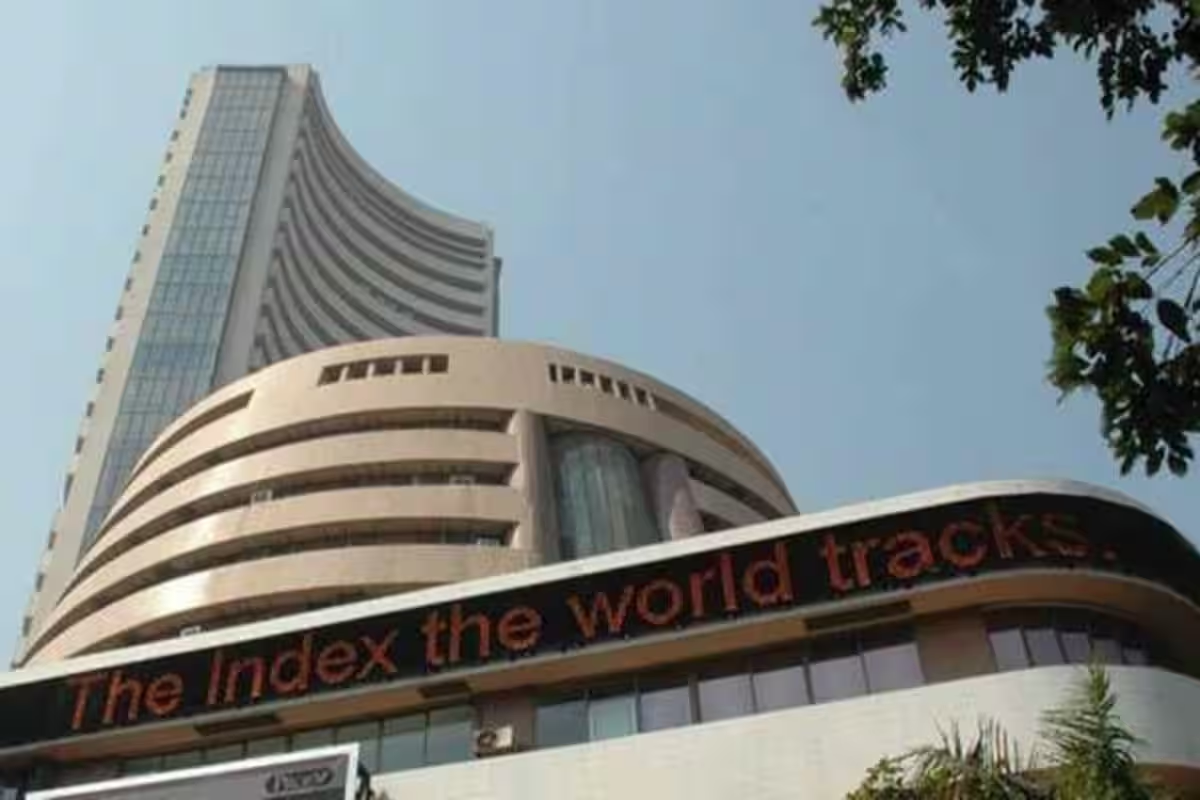

As we step into the year 2024, it’s paramount to grasp its significance within the global political sphere. This year unfolds as a crucial moment, with 50 nations, including influential players like the United States, United Kingdom, Russia, South Africa, and India, engaging in the pivotal process of electing new governments. Elections, the cornerstone of democracy, not only reflect democratic principles but also profoundly impact the corporate landscape. The stability and predictability fostered by consistent governmental policies are instrumental in nurturing sustainable economic growth.
A paramount achievement lies in the fortification of India’s banking system. The substantial reduction in gross Non-Performing Assets (NPAs) from 9.1% in March 2019 to 3.2% in September 2023 exemplifies this progress. This improvement is attributed to strategic equity infusion and a marked decrease in new bad loans. The implementation of robust bankruptcy laws under the Insolvency and Bankruptcy Code (IBC) and the vigilant oversight of the Reserve Bank of India (RBI) have been pivotal. The eradication of crony capitalism has also played a significant role in this transformation.
Another pillar of the government’s strategy is its unwavering commitment to infrastructure development, particularly in roads and renewable energy. The ambitious target of achieving 500 GW of renewable energy by 2030 demonstrates a clear vision and scale of ambition. This era of infrastructure expansion is distinct as it was achieved without overburdening the financial system, thanks to shared responsibility by government and quasi-government entities such as the National Highways Authority of India (NHAI) and the Solar Energy Corporation of India (SECI).
The government’s efforts to invigorate manufacturing-focused sectors deserve recognition. Policies like the Production Linked Incentives (PLI) schemes across electronics, mobile phones, pharmaceuticals, and food processing aim to address India’s historical lag in the manufacturing sector. These initiatives leverage India’s strengths such as abundant manpower, technological capability, and strong domestic demand. While their full impact is yet to be realized, their long-term focus is poised to enhance global competitiveness and self-reliance in manufacturing.
While the current government has achieved significant milestones in economic reform and development, the journey towards sustained economic growth continues. Therefore, the continuity of these policies is imperative. Maintaining momentum in key focus areas such as infrastructure development will be crucial determinants of India’s economic trajectory in the coming years.